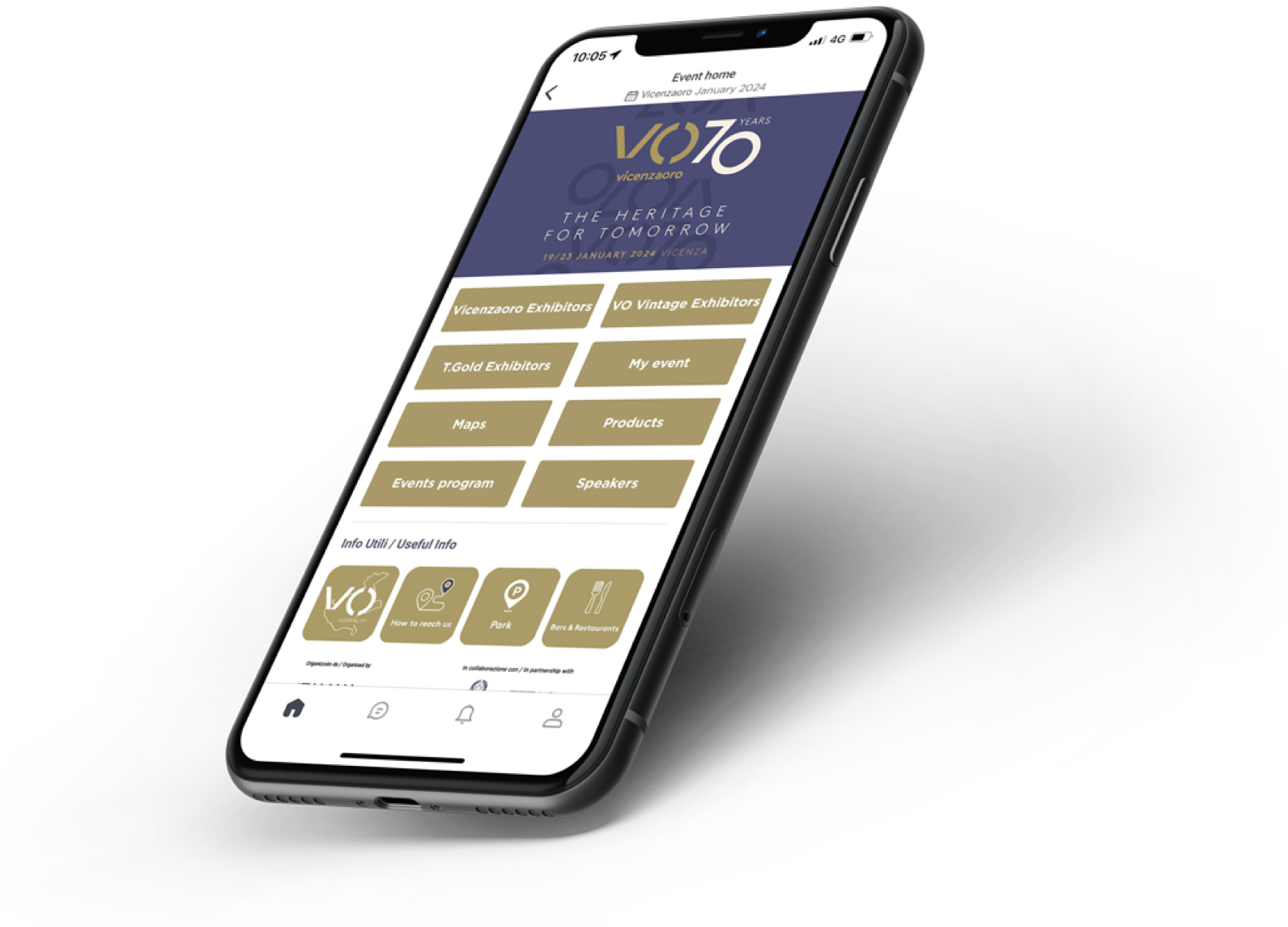Luminous transparency: ethics and sustainability in the world of precious gems and jewellery

Environmental and social awareness has catalyzed attention to sustainability in the world of jewellery and gems, promoting ethical sourcing practices. Traceability of gems, respect for human rights and reduction of environmental impact are key pillars of this transformation.
During the edition of Vicenzaoro January 2024, there was a CIBJO and PGI conference dedicated to Technology and Innovation in Responsible Sourcing during which several facets of the industry were explored.
The increased demand for platinum jewellery has given rise to Responsible Source Platinum by the Platinum Guild International, which has been working since 1975 to be able to support the responsibility and traceability of metal used in jewellery.
Another trend from consumers is the demand for certification of gem provenance, which, thanks to recent innovations in certification, is becoming a must. In a DEBS report dating back to fall 2023, 58% of respondents believe it is essential to receive information about the provenance of gems, a must-have parameter for 69% for Generation Z respondents. However, in a separate question, it was found that currently in 79% of cases consumers do not receive adequate information about this.
The development of new technologies such as nano-inscriptions inside diamonds and gemstones, which do not compromise their purity and which securely indicate correlation to the certificate in which the characteristics and provenance are listed, eliminate the possibility of counterfeiting that can occur with external inscription on the belt.
Sustainable and ethical sourcing involves prioritizing transparency, fair trade and responsible practices in the mining and trading of gemstones. This means minimizing environmental impact, promoting social responsibility and ensuring that ethical standards are met throughout the supply chain.
Collaboration with local communities and education are central to ensuring equitable benefits and improving living conditions. In the context of infrastructure, well-developed roads and bridges facilitate trade and local economic growth. Investing in education, especially in industry-related skills, creates local employment opportunities, while providing sustainable employment contributes to the well-being of communities and their economic stability.
Adopting responsible mining practices is essential to protect the environment, ensure the well-being of miners and foster a transparent supply chain.
While synthetic gems require significant energy resources for their production and large CO2 emissions to the environment, responsibly mined gems fully address concerns about origin, environment and fair labor. In conclusion, ethical, responsibly mined gems become a vital choice to sustain a future-oriented industry.






